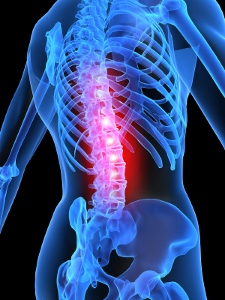
Patients taking corticosteroids (steroids such as Prednisolone) are at increased risk of developing osteoporosis. Many vasculitis patients are prescribed appropriate medication to help reduce the risk of developing osteoporosis, eg Risedronate, Alendronic Acid.
Patients are also offered a periodic DEXA scan (Dual energy x-ray absorptiometry) – A test that measures the density of bones. This can be used to identify or monitor the strength of bones particularly for patients on long term steroid medication.
Patients are advised to increase calcium in the diet as this can help prevent osteoporosis developing.
Eating broccoli, yogurt, skimmed milk and tinned sardines are recommended. Reducing alcohol intake and stopping smoking are also recommended.
Vitamin D is also important for healthy bones and teeth because it helps your body absorb calcium. Vitamin D can be found in eggs, milk and oily fish.
Patients who have been recommended a special diet should discuss any changes with their dietician.
Exercise is also recommended to reduce the risk of not only osteoporosis but also of cardiovascular disease. If you’ve been diagnosed with vasculitis or osteoporosis, you should talk to your GP or health specialist before starting a new exercise programme to ensure the exercise regime is suitable for you.

The National Osteoporosis Society has produced a PDF on Osteoporosis and Exercise which includes information on how exercise can help with bone health, fragile bones and fractures: Osteoporosis and Exercise
Recommended reading about the effects of steroids on the bones can be viewed at: Cortisone-info – Bones. This is one page from a website dedicated to cortisone and corticosteroid therapies. The complete website can be viewed at: Cortisone-info
Further information on prevention of osteoporosis can be found at the NHS Choices webpage: NHS Choices – Osteoporosis
